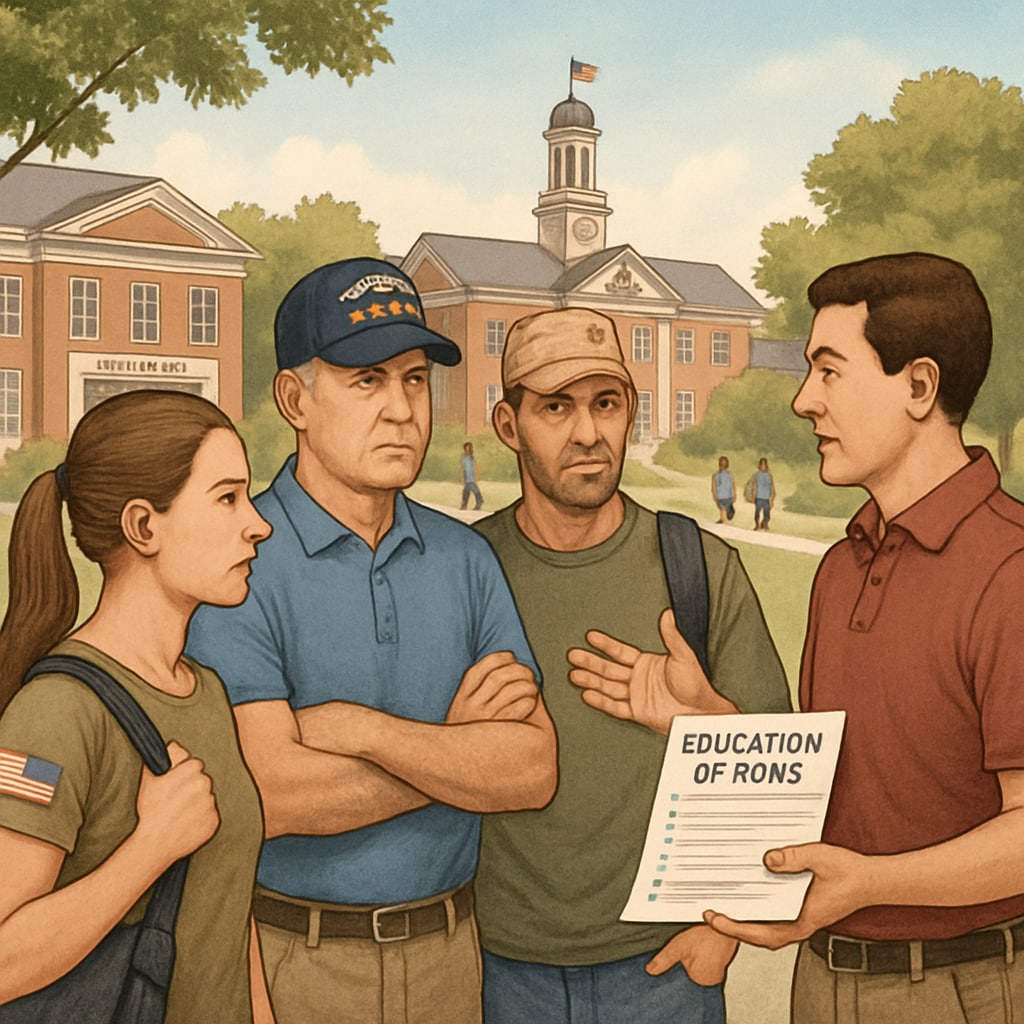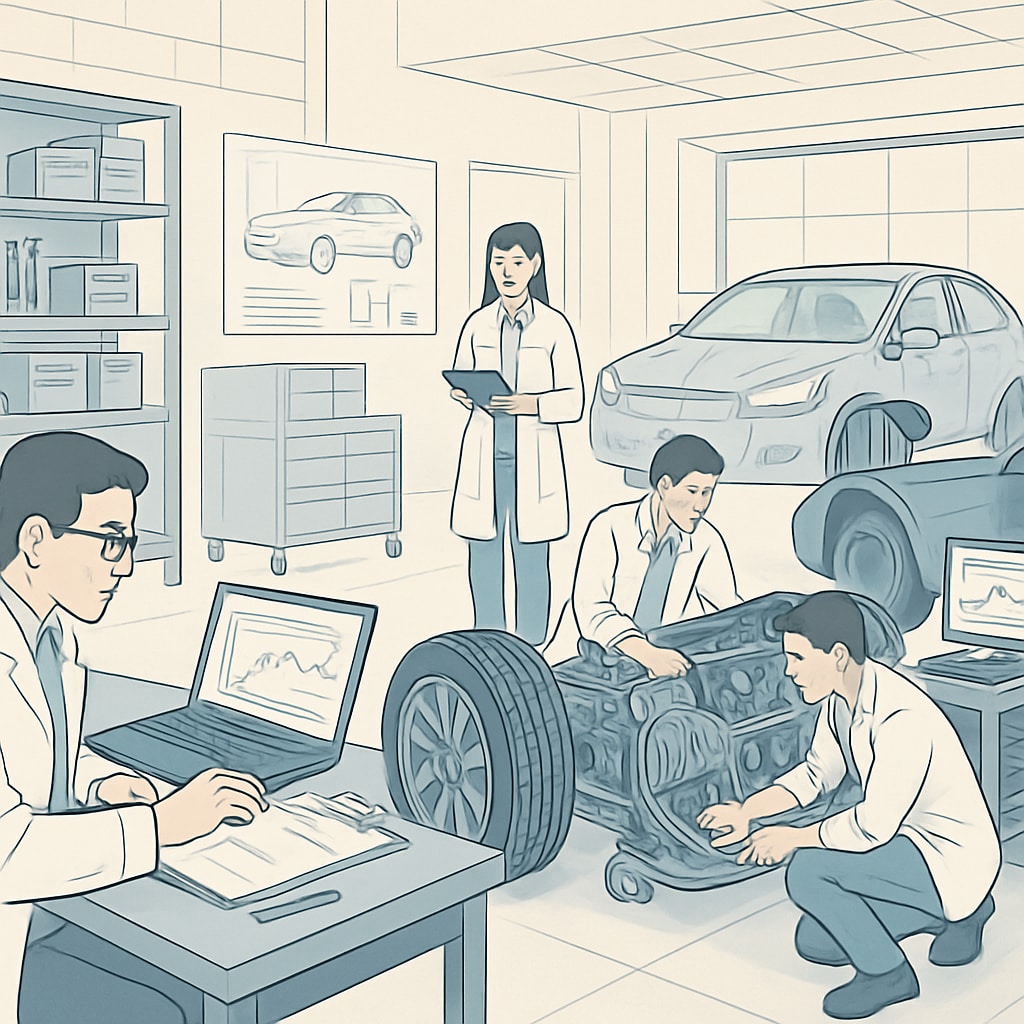Military veterans with an associate degree in automotive technology often look for ways to seamlessly transition their education into a bachelor’s degree program. This pathway can optimize their prior academic efforts, leverage their technical skills, and unlock greater career opportunities. In this article, we explore various strategies to make the most of credit transfers, degree compatibility, and academic planning to help veterans achieve both personal and professional growth.
Understanding Credit Transfers for Automotive Technology Degrees
One of the most critical aspects of upgrading an associate degree in automotive technology to a bachelor’s degree is maximizing the value of credit transfers. Many universities offer programs designed to accept associate-level credits, particularly for technical disciplines like automotive technology. By transferring credits efficiently, veterans can save both time and money while pursuing their bachelor’s education.
It’s essential to research institutions that have clear articulation agreements (formal partnerships) with community colleges or technical schools. These agreements often ensure that specific courses and credits earned in an associate program are directly applicable to the bachelor’s curriculum. For example, programs focused on automotive engineering, mechanical engineering, or industrial technology may align well with the coursework completed in an automotive technology associate program.

Choosing the Right Bachelor’s Degree Program
Veterans with a background in automotive technology should select bachelor’s degree programs that complement their technical expertise while expanding their knowledge base. Popular options include:
- Automotive Engineering: Focuses on the design, development, and testing of vehicles, offering a direct extension of automotive technology skills.
- Mechanical Engineering: Provides a broader scope of engineering principles, opening doors to diverse industries beyond automotive.
- Industrial Technology: Combines technical know-how with business and management skills, ideal for leadership roles in manufacturing and production.
- Business Administration: Suitable for veterans aiming to transition into management or entrepreneurial roles within the automotive sector.
When evaluating programs, veterans should consider factors such as accreditation, flexibility (online or hybrid options), and whether the institution is military-friendly, offering support services like VA education benefits and dedicated veteran advisors.

Actionable Strategies for Veterans
Transitioning from military service to campus life—and from an associate to a bachelor’s program—requires planning and commitment. Here are some actionable strategies for veterans:
- Assess Eligibility for Credit Transfers: Collaborate with academic advisors to determine how many credits can be applied toward your chosen bachelor’s degree.
- Leverage Military Experience: Many institutions offer credit for military training through programs like the Joint Services Transcript (JST). Ensure your military experience is evaluated for potential academic credit.
- Research Financial Aid: Make use of GI Bill benefits, scholarships for veterans, and tuition assistance programs to reduce financial burdens.
- Explore Flexible Learning Formats: Consider online or hybrid programs to balance academic pursuits with other responsibilities, such as work or family.
- Connect with Veteran Support Services: Engage with campus resources designed to assist veterans in transitioning to civilian academic life, ensuring a smooth and supportive experience.
Additionally, veterans should focus on building a strong network within their academic community, including faculty, fellow students, and veteran peers. This network can provide guidance, mentorship, and career connections throughout their educational journey.
Unlocking Career Opportunities Beyond Graduation
Upgrading to a bachelor’s degree opens doors to higher-paying and more specialized roles within the automotive and engineering sectors. Veterans who pursue degrees in automotive engineering or industrial technology, for example, can qualify for positions such as:
- Automotive Design Engineer: Develops vehicle systems and components.
- Quality Control Manager: Ensures manufacturing standards are met in automotive production.
- Service Manager: Oversees operations in automotive repair and maintenance facilities.
- Technical Consultant: Provides expert advice on vehicle systems and technologies.
For veterans interested in leadership roles or entrepreneurship, degrees like business administration can pave the way for opportunities in dealership management, automotive startups, or supply chain logistics.
In conclusion, veterans with an associate degree in automotive technology have numerous pathways to upgrade their education to a bachelor’s degree. By carefully selecting compatible programs, maximizing credit transfers, and leveraging military benefits, they can achieve both academic success and career advancement. Transitioning from military service to campus life is a journey of growth, and with the right strategies, veterans can move confidently toward their goals.


